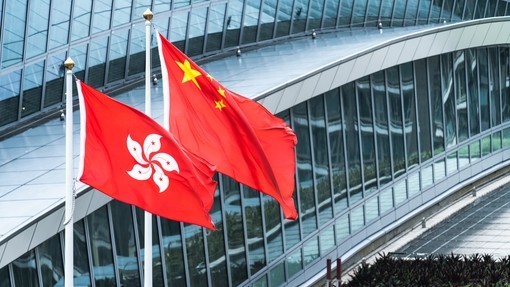Without Prejudice Privilege: is your document really protected from disclosure?

Article
A basic rule of evidence is that documents to prove admissions made by a party in genuine negotiations to settle litigation (actual or contemplated) are inadmissible in the same or any subsequent litigation connected with the same subject matter.
The rationale behind this rule is that parties should be encouraged as far as possible to settle their disputes without resorting to litigation. Parties should therefore not be inhibited by the risk that anything they say in negotiations could prejudice their position in litigation. This is sometimes referred to as the ‘public policy’ justification for Without Prejudice (WP) privilege.
WP privilege can apply to communications whether or not a settlement is reached in those negotiations, and whether or not the litigation is against the party to whom the admissions were made (subject to the test below). It can cover all communications, whether or not they involve admissions. It may also be possible for part but not all of a document to be subject to WP privilege.
The test
The test for whether a particular communication is subject to WP privilege is similar to the exercise of construing a contract. It is an objective assessment at the date of the communication, having regard to the relevant factual circumstances.
For WP privilege to apply, a communication must refer to:
(i) an existing dispute; and
(ii) a genuine attempt to resolve the dispute.
Otherwise, WP privilege is not engaged whether or not the WP label is used in the document. (Note however that the failure to mark correspondence ‘WP’ may be relevant to the assessment of whether the communication was intended to attract WP privilege.)
WP privilege is unlikely to apply where:
1. Parties are attempting to prevent a dispute from arising
In Prudential Assurance Co Ltd -v- Prudential Insurance Co of America (No. 2) [2002] EWHC 2809 (Ch), correspondence between senior executives of two businesses concerning the use of the name ‘Prudential’ in different geographic territories was held not to be subject to WP privilege, as the tenor of the correspondence did not indicate an intention to compromise an existing dispute, but to prevent a dispute from arising.
2. One party is simply asserting its claim without a genuine attempt to resolve the dispute
In Best Buy Co Inc -v- Worldwide Sales Corp Espana SL [2011] EWCA Civ 618, a letter asserting a claim to trademark infringement was found not to be subject to WP privilege, even where the final paragraph proposed a ‘negotiated solution’. The court found that a reasonable person would not have understood the letter to have privileged status, where the main thrust of the letter was simply to set out that party’s position.
Examples of potential exceptions
- Foreign disputes – where there are communications intended to settle a foreign dispute and such documents would not be protected by WP privilege in those foreign proceedings, then even if such documents would have attracted WP privilege under English law, this may not preclude their production in subsequent English proceedings as there would no longer be any public policy justification for their exclusion.
- Where WP negotiations result in an agreement – facts communicated during the course of WP negotiations would be admissible to construe the agreement reached if such facts would otherwise be admissible as part of the factual matrix surrounding the entry into the agreement.
- Estoppel – there is an exception where a document which would otherwise be subject to WP privilege is relied on as the basis for an estoppel.
- Crime or fraud – there is no privilege in WP communications made in furtherance of a crime or fraud.
Notes
This article is intended as an introduction to Without Prejudice privilege. In practice, however, the determination of whether or not a document is protected by WP privilege is a complex exercise requiring a nuanced analysis of its content and the surrounding facts; see for example in the Prudential case above, the finding that the correspondence was not subject to WP privilege was made notwithstanding that the correspondence gave notice of a legal action taken by one party, and at the same time expressed willingness to cooperate and come to ‘mutually agreeable terms’.
When in doubt about the status of a communication, ask your legal advisor.






